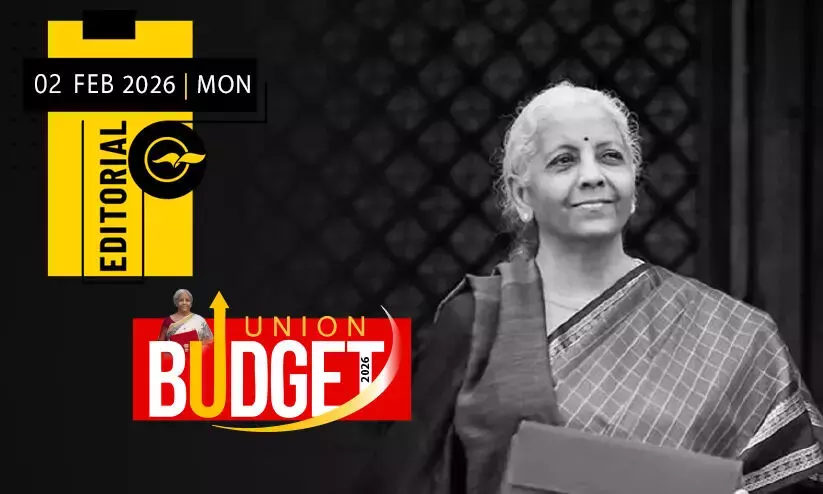
Right Vs righteous: the choice that defines character
text_fieldsLet’s be honest—we all love being right. That little rush when you prove your point in an argument? Delicious. But here’s the problem: being right doesn’t always mean you’ve done right. Facts may win you the round, but only righteousness wins you respect.
Being right is about facts. Being righteous is about wisdom. And it’s wisdom that defines character.
Take marriage, for example. A husband comes home late. His wife is upset. He explains, “There was traffic, there was a meeting, there was this, that, and the other.” He’s right. But the righteous thing would be to acknowledge her hurt first: “I know you waited, and I’m sorry.” Facts don’t soften hearts—empathy does.
Or picture the classic father-son clash. The father insists, “When I was your age, I worked day and night!” The son fires back, “But times have changed, Dad.” He’s correct. But righteousness would mean replying, “Baba, I know you’ve worked hard, and I respect that. I just want to try a different path.” That single act of honour keeps respect intact while still holding ground.
Even between siblings, the lesson appears. A sister borrows her brother’s shirt without asking. He fumes, “You always take my things!” He’s right. But if he chooses righteousness, he might tease her, “At least admit it looks better on me”—instead of exploding. The wit defuses tension, and the relationship stays intact.
Parents too face this crossroads. A mother might be right that her teenage daughter is wasting time scrolling endlessly on Instagram. But shouting “You’re ruining your future!” only creates distance. A righteous approach? Sitting down and saying, “I know it’s fun, but let’s balance it with studies—you’re capable of so much.” Same truth, different delivery, very different outcome.
Even small daily squabbles test us. A couple argues over household chores: “You didn’t do the dishes!” “But I cooked dinner!” Both are right. But righteousness lies in compromise, “Let’s both handle it now and then watch that show we love.” Honour in relationships isn’t about tallying points; it’s about keeping the bond larger than the battle.
Globally, the rule is the same. People forget who had the facts on their side, but they never forget who made them feel respected. Gandhi didn’t out-argue the British—he outclassed them with dignity.
So, next time you feel the urge to “win” at home or at work, pause and ask yourself: Am I being right, or righteous? One inflates the ego. The other builds the relationship. And in the end, it’s the relationships—not the arguments—that define our lives.
Here’s the question to ask yourself next time: Do I want to win the argument, or the person? Because being right may stroke your ego, but being righteous builds your character—and unlike ego, character never goes out of fashion.
So the next time you’re ready to unleash your “rightness”, pause for a second. Ask yourself: Will this make me righteous, or just correct? You might be surprised at how much more powerful it is to win hearts rather than arguments.
























